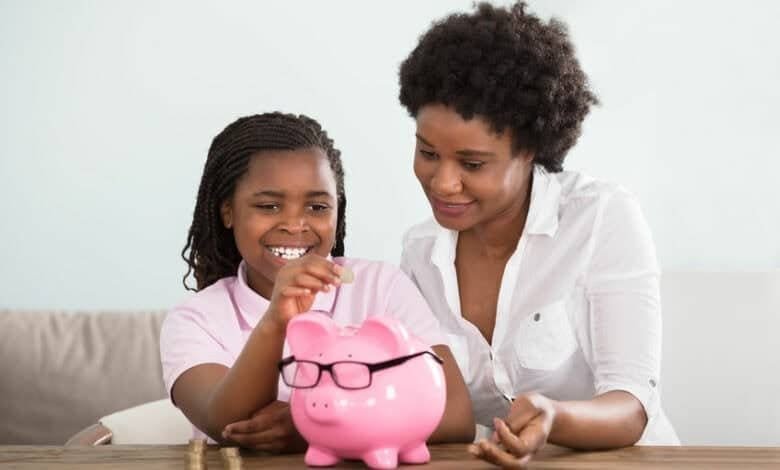
Gender-based violence (GBV) is a scourge many women and girls face in South Africa. Trapped, alone, and voiceless, many women are caught in the cycle of abuse, unable to break free.
During these 16 Days of Activism for No Violence Against Women and Children campaign we need to shatter the silence and create a world where everyone is heard, supported and empowered.
One of the most crippling forms of GBV is economic abuse. Many women feel that they don’t have the financial means to start a new life. In many relationships, traditional roles dictate how financial responsibilities are divided.
Women often cover day-to-day expenses like groceries, school fees, and utilities, while their husbands or partners focus on long-term investments, such as property. This paradigm often leaves women at a financial disadvantage, especially when the woman wants to leave the relationship.
This inequality can further fuel feelings of helplessness, especially in situations involving GBV, where financial dependence often traps women in abusive relationships.
Boipelo Ndimande, CFO at Consult by Momentum, has tips to help women safeguard themselves against financial abuse.
“Setting up a private savings or investment account as it can act as a safety net. Even if you trust your partner completely, this account ensures you have the means to stand on your own if circumstances change.
“Regularly deposit a portion of your income into this account, no matter how small,” she said.
She advised contributing to long-term assets if the household budget allows.
“Women can negotiate to contribute to long-term investments, like property. If they do not contribute to family assets such as property, they can ensure their name appears on the title deeds or similar legal documents to be legally recognised as a co-owner, especially if they are married out of community of property.“
Financial literacy empowers you to make informed decisions. Women need to learn about investments, savings, and property ownership. If they need help to navigate these topics, reach out to your financial advisor. Your financial independence is our priority.
“It is commendable to handle daily expenses, but women must not neglect their financial future. They need to consider splitting responsibilities so that both partners contribute to short- and long-term goals.”
Ndimande said in many countries, laws exist to ensure equitable distribution of assets after a separation and women need to research their legal rights regarding property, inheritance, and financial support, and seek legal advice if necessary.
“An emergency fund should cover at least three to six months of living expenses. This fund can provide immediate financial support if you need to leave a harmful situation.”
Additionally, she stated emotional barriers can be difficult to overcome.
“Many women hesitate to prioritise their financial independence because of guilt or a desire to please their partners.
“Remember, securing your financial future is not selfish. It is essential. A financially independent woman can contribute to her relationship from a place of strength, not dependency.
“It is important that women recognise the importance of securing their financial future, not as a sign of distrust, but as a safeguard against unforeseen circumstances.
“By planning wisely, educating themselves, and taking proactive steps, women can build a future where choices are not dictated by financial constraints, but by their aspirations and needs.”
Ndimande said financial independence is more than just having money. It is about ensuring safety, dignity, and freedom to make choices and is crucial for us to set ourselves up for success.
“We want to empower women to make the changes that will ultimately prioritise their well-being and peace of mind.”
She said financial health is not just about wealth, it’s about self-worth.
“Take control, stay informed, and prioritise your independence. You deserve it,” she said.
At Caxton, we employ humans to generate daily fresh news, not AI intervention. Happy reading!

